hankyoreh
Links to other country sites 다른 나라 사이트 링크
Who is Moon Jae-in?
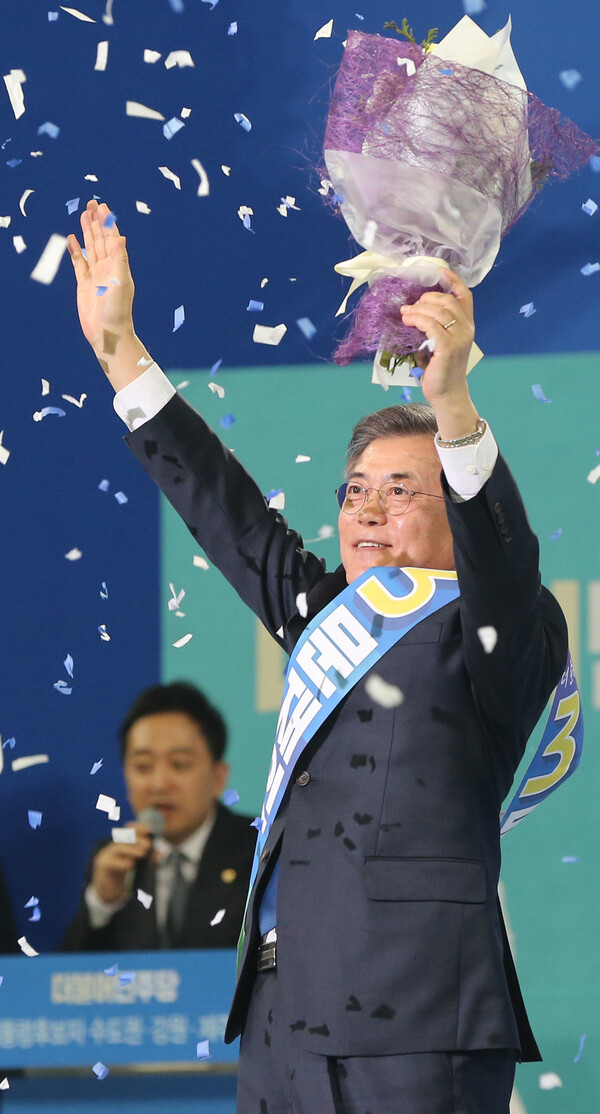
Moon Jae-in, the former Minjoo Party leader named as the party’s presidential candidate on Apr. 3, is someone who in the past tended to be far more comfortable standing a step behind someone else. While he consistently took on leading roles in social reforms - from his days as a university student spearheading opposition to the Yushin government to his activities as a human rights lawyer - he also always yearned for the life of a “free man” instead of the political center stage. Having heard the calling to pursue his “destiny” in politics after former President Roh Moo-hyun’s death ahead of the 2012 election, the now 64-year-old Moon has since transformed into a practical politician, presenting himself as the person to achieve a change in administrations.
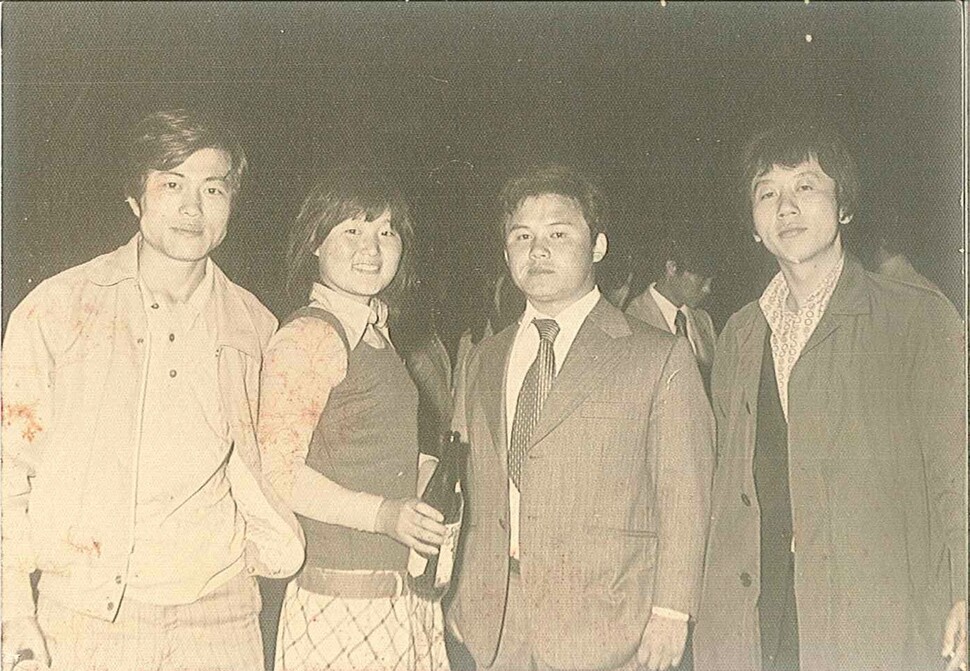
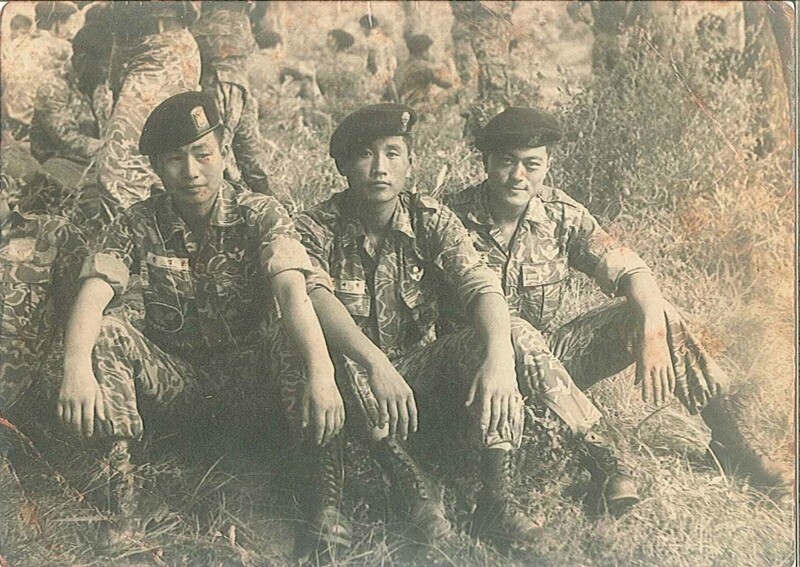
The oldest son of five siblings (one brother and three sisters), Moon was born in Geoje, South Gyeongsang Province, on Jan. 23, 1953. Due to his family’s poverty, he sometimes had to get by on corn porridge for lunch at school, and experience the pain of being forced out of school during class for failure to pay monthly tuition. He graduated from Gyeongnam Middle School and High School before entering Kyung Hee University College of Law on his second try in 1972. Once there, he focused less on studying than on leading protests against the Yushin dictatorship, led by Park Chung-hee. Even after he passed the bar exam and graduated second in his class at the Judicial Research and Training Institute, he was turned down for appointment as a judge due to his protest history. Instead of becoming a prosecutor or going to work at a law firm, Moon decided to become an ordinary attorney, someone who finds satisfaction in helping people who suffer unjustly in the conditions experienced by the working class.
His entry into politics was purely because of Roh. At the same time, it was also his destiny. Running a law office with then-attorney Roh in Busan, Moon first became involved in politics serving as Roh‘s Busan election countermeasures office chief while Roh was running for president in 2002 as a Millennium Democratic Party (a precursor to today’s Minjoo Party) candidate.
Moon later took on the roles of Blue House Senior Secretary to the President for Civil Affairs and Chief of Staff under Roh. But despite Roh’s continued prodding, he remained adamantly opposed to entering the political fray himself with a National Assembly run. What ultimately summoned him to take center stage in politics was Roh’s death on May 23, 2009.
“You may be free from your destiny now, but the job you‘ve left for me leaves me no options.”
In late 2011, Moon finally joined the launch of the Democratic United Party, an opposition alliance to achieve the greater goal of getting a non-conservative party elected. Elected as a lawmaker for Busan’s Sasang district in the general elections of Apr. 11, 2012, Moon headed straight for the presidential election. That December, he suffered a painful defeat, losing his race against Saenuri Party (now called the Liberty Korea Party) candidate Park Geun-hye by a margin of 49% to 51%.
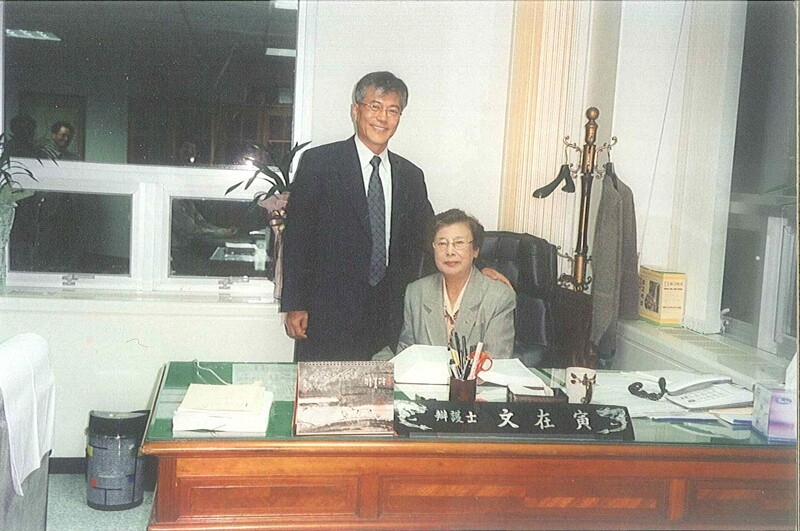
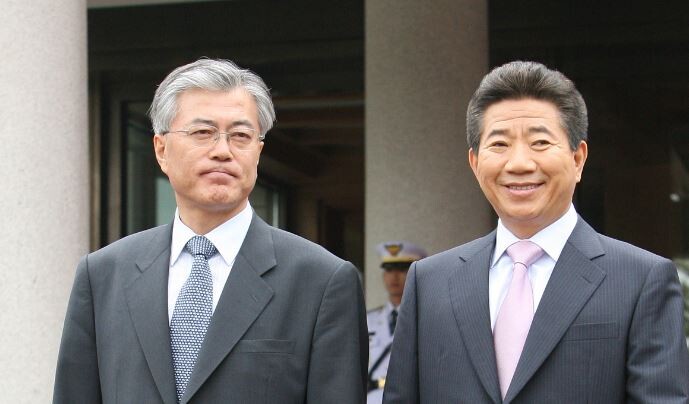
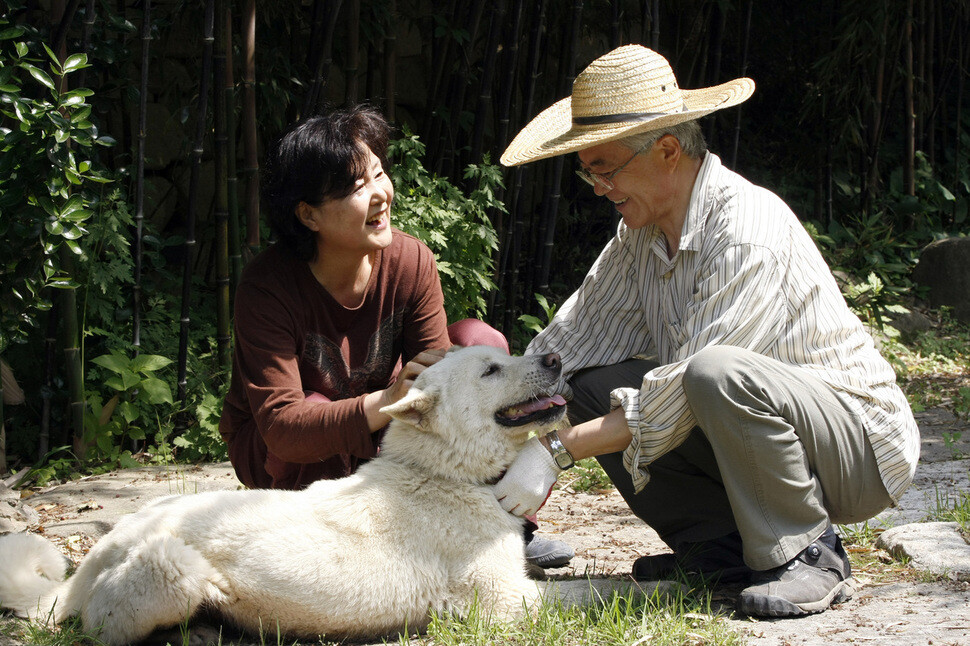
Moon’s seemingly dormant will to power first began to awaken once again at the New Politics Alliance for Democracy (later renamed as the Minjoo Party) convention on Feb. 8, 2015. Party veterans and associates tried to hold him back at the time. They told him that if he just kept quiet, he would easily get the party’s nomination, and questioned why he should become party leader when it’s clear people would pick him apart.
Moon ran anyway. “If I keep quiet, I’ll just melt away without achieving anything,” he said. Once he finally was chosen as party leader, the next ten months proved a torturous experience. Two months in, the party suffered a by-election drubbing. The rumbles for someone to take responsibility ended up escalating into a debate over the leadership of the “first-term party chief.” Moon went so far as to suggest a vote of confidence in his party leadership ability in order to pass a nomination reform plan. The party splintered anyway, as Ahn Cheol-soo and many others broke off amid criticisms over the “dominance of the pro-Moon wing.” Those who broke off went on to form the People’s Party.
Facing crisis ahead of the general elections of Apr. 13, 2016, Moon took a chance. He decided to try to tackle things head on by bringing on board Kim Jong-in - a former lawmaker who had headed the “national happiness pursuit committee” for Moon’s opponent Park Geun-hye during the 2012 election - as representative of the party’s emergency countermeasures committee. The party ended up winning the election. But its loss to the People’s Party in Gwangju-Jeolla Province - a region where Moon had expended particular efforts, going so far as to pledge to “retire from politics” if he lost it - became a political albatross.
For the latest election, Moon has been pledging an “end to old vices” and a “totally new Republic of Korea,” while also stressing that “difference should not be shunned as ‘wrong.’”
As he faces his second presidential election, Moon has his work cut out for him: quieting the “anti-Moon alliance” movements arising outside his party, winning over voters on the opposite side, and saying goodbye to the past.
By Lee Jung-ae, staff reporter
Please direct questions or comments to [english@hani.co.kr]

Editorial・opinion
![[Guest essay] The real reason Korea’s new right wants to dub Rhee a founding father [Guest essay] The real reason Korea’s new right wants to dub Rhee a founding father](https://flexible.img.hani.co.kr/flexible/normal/500/300/imgdb/original/2024/0423/8317138574257878.jpg) [Guest essay] The real reason Korea’s new right wants to dub Rhee a founding father
[Guest essay] The real reason Korea’s new right wants to dub Rhee a founding father![[Column] ‘Choson’: Is it time we start referring to N. Korea in its own terms? [Column] ‘Choson’: Is it time we start referring to N. Korea in its own terms?](https://flexible.img.hani.co.kr/flexible/normal/500/300/imgdb/original/2024/0423/3617138579390322.jpg) [Column] ‘Choson’: Is it time we start referring to N. Korea in its own terms?
[Column] ‘Choson’: Is it time we start referring to N. Korea in its own terms?- [Editorial] Japan’s rewriting of history with Korea has gone too far
- [Column] The president’s questionable capacity for dialogue
- [Column] Are chaebol firms just pizza pies for families to divvy up as they please?
- [Column] Has Korea, too, crossed the Rubicon on China?
- [Correspondent’s column] In Japan’s alliance with US, echoes of its past alliances with UK
- [Editorial] Does Yoon think the Korean public is wrong?
- [Editorial] As it bolsters its alliance with US, Japan must be accountable for past
- [Guest essay] Amending the Constitution is Yoon’s key to leaving office in public’s good graces
Most viewed articles
- 1[Guest essay] The real reason Korea’s new right wants to dub Rhee a founding father
- 2Terry Anderson, AP reporter who informed world of massacre in Gwangju, dies at 76
- 3[Column] ‘Choson’: Is it time we start referring to N. Korea in its own terms?
- 4Why Korea shouldn’t welcome Japan’s newly beefed up defense cooperation with US
- 5[Column] The clock is ticking for Korea’s first lady
- 6Opposition calls Yoon’s chief of staff appointment a ‘slap in the face’
- 7New AI-based translation tools make their way into everyday life in Korea
- 8[Editorial] Japan’s rewriting of history with Korea has gone too far
- 9[Reporter’s notebook] Did playing favorites with US, Japan fail to earn Yoon a G7 summit invite?
- 10[Column] The president’s questionable capacity for dialogue